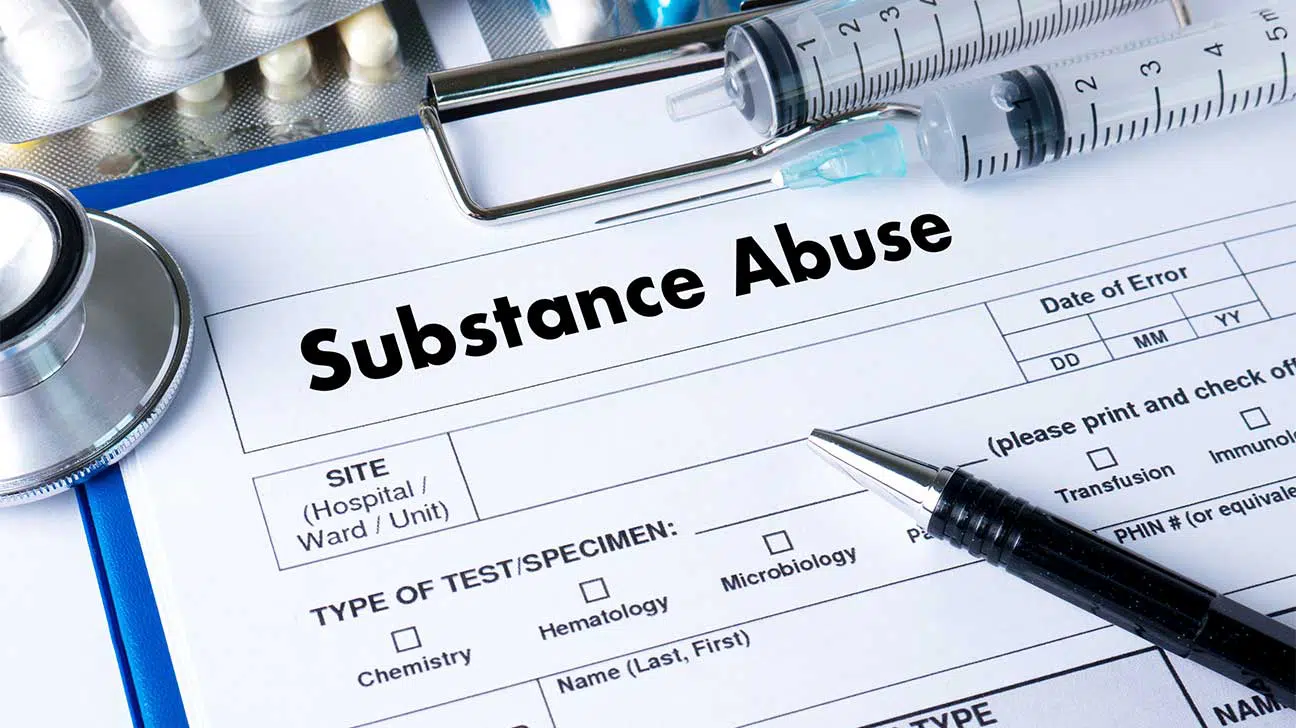
Benzodiazepine drugs can take several days to clear from the body completely. These drugs can be detected through the most common screening methods.
Benzodiazepine drugs can be detected in:
- urine tests: 4 days to six weeks
- oral fluid tests (e.g. saliva): 12 hours to 10 days
- blood tests: 6 hours to three days
- hair tests: up to 90 days
The amount of time benzodiazepines can be detected in a drug test will depend on the type of benzodiazepine, dose taken, as well as other personal and biological factors.
Learn more about how long drugs can be detected in your system
Benzodiazepines That May Show Up On A Drug Test
Benzodiazepines are a class of medications commonly prescribed to treat anxiety disorders, panic disorder, and insomnia.
Common benzodiazepines that appear on drug tests include:
- alprazolam (Xanax) detection time
- lorazepam (Ativan)
- clonazepam (Klonopin)
- diazepam (Valium)
- chlordiazepoxide (Librium)
- temazepam (Restoril)
Benzodiazepines can be long-acting or short-acting. They are generally prescribed as a short-term treatment, due to a risk of developing physical dependence with chronic use.
How Long Do Benzodiazepines Show Up In Urine Tests?
Urine tests are the standard type of test used to screen for drug use. Urine tests can detect benzodiazepine use for anywhere from four days to six weeks, depending on the drug.
For instance, a short-acting drug like lorazepam (Ativan) can remain detectable in urine for up to five days, on average.
On the flip side, long-acting benzodiazepines like diazepam (Valium) can remain detectable in urine for up to six weeks after use.
Read more about detecting benzodiazepines in urine
How Long Do Benzodiazepines Show Up In Blood Tests?
Blood tests offer the shortest detection window of all drug tests. Benzodiazepines will typically only show up on a blood test for one to three days.
How Long Do Benzodiazepines Show Up In Saliva Tests?
Benzodiazepines can be detected in oral fluids like saliva or sweat for anywhere from 12 hours to 10 days, depending on the type of benzodiazepine drug.
How Long Do Benzodiazepines Show Up In Hair Tests?
Hair drug testing can detect the use of benzodiazepines for up to 90 days, or three months, on average. This is the longest detection window of all drug testing methods.
Read more about how long benzos can be detected in the hair
Factors That Can Affect Benzodiazepine Detection Times
Average detection window estimates may not apply to everyone. The actual amount of time it takes for benzodiazepines to fully clear from the body can vary.
Factors that can affect the benzodiazepine detection times:
- age
- dose taken
- type of benzodiazepine
- frequency and duration of use
- metabolic rate
- body fat percentage
- liver and kidney function
- use of other drugs
Some screening methods—including hair testing—can detect benzodiazepine use even after the drug has been fully eliminated from the body.
Why Are Drug Tests For Benzodiazepines Used?
Although safe and effective when taken as prescribed, benzodiazepines can become addictive and are some of the most commonly misused drugs.
Drug tests might be used to monitor a person’s prescription drug use, health indicators associated with their drug use, or to ensure compliance with an addiction treatment program.
Benzodiazepine Detox And Withdrawal
Benzodiazepines can be dangerous to try to stop taking alone if you’ve been misusing them, have taken them for a long time, or have become addicted.
Medical detox programs for benzodiazepines can offer:
- 24/7 medical supervision
- treatment for withdrawal symptoms
- assistance in creating a tapering plan
- care coordination
Fully detoxing from benzodiazepines can be a long-term process. For some, it may take weeks or even months to fully taper off benzodiazepines.
This process can take place on an outpatient basis with medical guidance, or on an inpatient basis within an addiction treatment program.
Find Treatment For Benzodiazepine Addiction Today
Millions of people in the United States report misusing prescription drugs like benzodiazepines each year. If this describes you or a loved one, you’re not alone.
Call our helpline today to find a benzodiazepine addiction treatment program that’s right for you.
Addiction Resource aims to provide only the most current, accurate information in regards to addiction and addiction treatment, which means we only reference the most credible sources available.
These include peer-reviewed journals, government entities and academic institutions, and leaders in addiction healthcare and advocacy. Learn more about how we safeguard our content by viewing our editorial policy.
- American Family Physician—Urine Drug Tests: Ordering and Interpreting Results
https://www.aafp.org/afp/2019/0101/p33.html - Redwood Toxicology Laboratory—Laboratory Reference Guide
https://supremecourt.nebraska.gov/sites/default/files/Programs/CIP/events/redwood/LAB_Reference_Guide.pdf - Therapeutic Drug Monitoring—Detection Times of Diazepam, Clonazepam, and Alprazolam in Oral Fluid Collected From Patients Admitted to Detoxification, After High and Repeated Drug Intake
https://pubmed.ncbi.nlm.nih.gov/25549207/ - U.S. National Institute on Drug Abuse (NIDA)—Prescription CNS Depressants DrugFacts
https://www.drugabuse.gov/publications/drugfacts/prescription-cns-depressants


